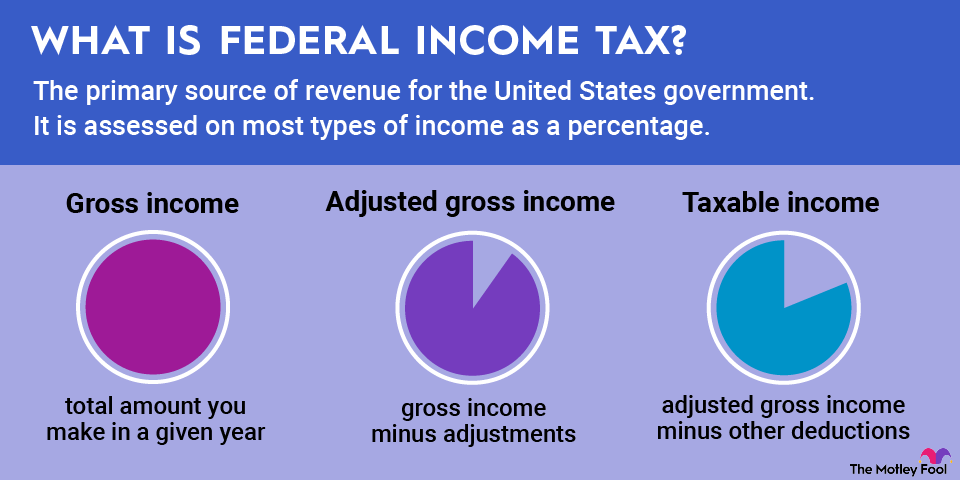A financial consultant, also known as a financial advisor, provides personalized financial advice and services.
They help individual clients achieve their financial goals by developing personalized financial plans, providing investment recommendations, and offering guidance on topics such as retirement planning, estate planning, and tax optimization. Financial consultants help businesses set clear financial goals, develop strategies to achieve them, and create contingency plans to manage risks and unforeseen events.

These consultants are important because they provide expert guidance and support to individuals and entities in navigating the complex world of finance. They work with all clients to understand their financial situations, goals, and risk tolerance, creating tailored plans for the future.
What is a financial consultant?
Financial consulting involves providing individuals, businesses, and organizations with specialized expertise and advice on financial matters, including investment management, risk assessment, and financial planning.
Consultants help clients make informed decisions to achieve their financial goals and improve their overall financial health. This may involve providing recommendations for financial planning, investment strategies, insurance, and other financial products.
Financial consultants also play a crucial role in helping large public and private companies navigate complex financial landscapes and achieve their strategic goals. Consultants delve into a company's financial statements, market trends, and economic data to assess its overall financial health, identify areas of strength and weakness, and pinpoint opportunities for improvement.
Based on their analysis, consultants craft tailored strategies and long-term plans designed to maximize shareholder value, achieve sustainable growth, and optimize financial performance. Consultants offer guidance on asset allocation, portfolio diversification, and investment opportunities to help companies make sound investment decisions and achieve their financial objectives.
They offer guidance on optimal debt structures, refinancing strategies, and debt reduction plans to help companies effectively manage their debt and improve financial stability. Consultants assist companies in raising capital through various means, including issuing bonds or equity, advising on the best funding strategies, and navigating complex capital markets.
What is the role of a financial consultant?
Financial consultants play a vital role in various transactions, including mergers and acquisitions (M&A) activity. They also provide strategic advice, conduct due diligence, perform valuations, and assist with post-merger integration. They advise companies on selling off noncore assets or spinning off subsidiaries to streamline operations, raise capital, or increase shareholder value.
Consultants help companies identify potential financial risks, such as market volatility, credit risk, and operational risks, and develop strategies to mitigate these risks. They assist in establishing robust risk management frameworks and processes to ensure companies are well prepared to handle financial uncertainties.
Consultants frequently advise companies facing financial distress or operational challenges on restructuring their balance sheets, renegotiating debt, and improving operational efficiency to regain financial health. They develop comprehensive turnaround plans to help companies recover from financial difficulties, restore profitability, and achieve long-term sustainability.
In essence, consultants act as strategic partners to large public companies, providing expert advice and tailored solutions to help them make informed financial decisions, navigate complex challenges, and achieve their business objectives. For individuals, financial consultants offer personalized financial guidance and services such as budgeting, saving, investing, retirement planning, and debt management.
Why are financial consultants important?
Financial consultants are important because they provide expert guidance and support to individuals and businesses in navigating a range of essential financial matters. Consultants work with clients to understand their financial situations, goals, and risk tolerance to create tailored plans. They help clients define short-term and long-term objectives, such as retirement, education funding, or wealth accumulation.
Consultants offer advice on investment strategies, asset allocation, and product selection to help clients grow their wealth. They help clients understand and manage investment risks, aligning investment choices with their comfort levels. Consultants can help diversify investment portfolios, reducing exposure to any single asset or market.
For both individuals and businesses, consultants can analyze a client's debt, identify high-interest debts, and develop strategies for repayment. They can help clients consolidate debts into a single, potentially lower-interest loan, simplifying repayment. Consultants also may assist in creating budgets and managing cash flow to ensure clients can meet their debt obligations.
Related investing topics
The bottom line
Consultants possess in-depth knowledge of financial markets, products, and regulations, helping clients make informed decisions. They offer an unbiased viewpoint on financial matters, helping clients avoid emotional decisions and stay focused on their long-term goals. Consultants regularly review financial plans, making adjustments as needed to reflect changing circumstances and goals.
Financial consultants can act as accountability partners, helping clients stay on track with their financial goals and maintain motivation. By leveraging the expertise of a financial consultant, individuals and businesses can improve their financial well being, make informed decisions, and increase the likelihood of achieving their financial objectives.



















